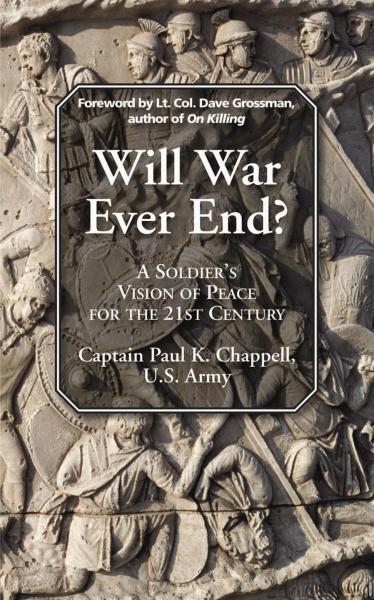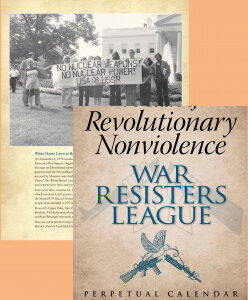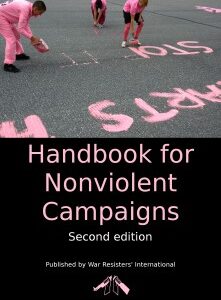Another Army Officer for Peace

Will War Ever End?: A Soldier’s Vision of Peace for the 21st Century
By Paul K. Chappell
Rvive Books, 2009, 84 pages, $14.95
The End of War: How Waging Peace Can Save Humanity, Our Planet and Our Future
By Paul K. Chappell
Easton Studio Press, 2010, 176 pages, $12.95
Two short books by West Point graduate and former Army captain Paul K. Chappell provide interesting ideas on war and ending it. Chappell denies the common assumption that warmaking is part of human nature, rather than a serious deformation of it. He points out that soldiers’ desire to defend family must be emotionally manipulated in order to keep them from running away from the horror of the battlefield, and he notes the psychological damage so many soldiers sustain in battle. His analysis of fury combined with fear leading to rage offers to explain how and why people become aggressive and violent. Using the examples of changing attitudes toward slavery and oppression of women, he gives hope that war can also be minimized.
His examples are heavily male and Western, and he presents his own admission to West Point as the son of a Japanese woman and a multiracial man as evidence that racism in the United States has been overcome. He doesn’t note that being allowed to be cannon fodder is not exactly a prize. His one recommendation for persuading people to end war is to talk with those with whom we don’t agree. Nice idea, but it ignores our frequent susceptibility to the manipulation of our fears and emotions that warmongers and profiteers use, and Chappell gives no mention of any peace workers, organizational or individual, from whom interested but inexperienced people can learn.
Perhaps the reason for his exclusion of these peace workers is the experience his veteran father related to him of being physically attacked while in uniform by peace activists who had been protesting the Vietnam war in Washington, D.C. Chappell also resurrects the stories of hippies and peace activists supposedly spitting on returning Vietnam veterans. At one point, he evenly equates these disrespectful acts to the inappropriate actions of a “few” soldiers, such as at Abu Ghraib, claiming that both activists and soldiers have given their movements bad names. Certainly, while soldiers are not the source of the wars but some of the first victims, spitting is not equal to torture and killing.
I do admire Chappell for his early exit from the military. He repeats well-known, insightful quotes criticizing war from military officers Dwight Eisenhower, Omar Bradley, Smedley Butler, and even Douglas MacArthur. All of these men, who well knew war and are to be thanked for commenting against it, served full careers in the military and received their retirement pensions. Chappell gave that up in an economically precarious time.
I had never heard of Chappell before reading his books, although he and I are both members of Veterans For Peace, and he now works with the Nuclear Age Peace Foundation, of which I have been aware for some time. To me, this indicates how little attention he has garnered as of yet. Still, he would be a good speaker for peace conferences, church groups, and other such gatherings. Chappell is working on a third book, Peaceful Revolution.

 WRL Perpetual Calendar
WRL Perpetual Calendar  Handbook for Nonviolent Campaigns, 2nd Edition
Handbook for Nonviolent Campaigns, 2nd Edition